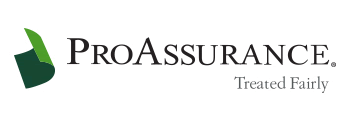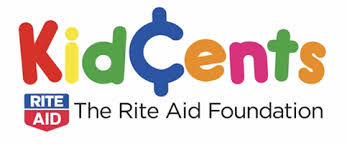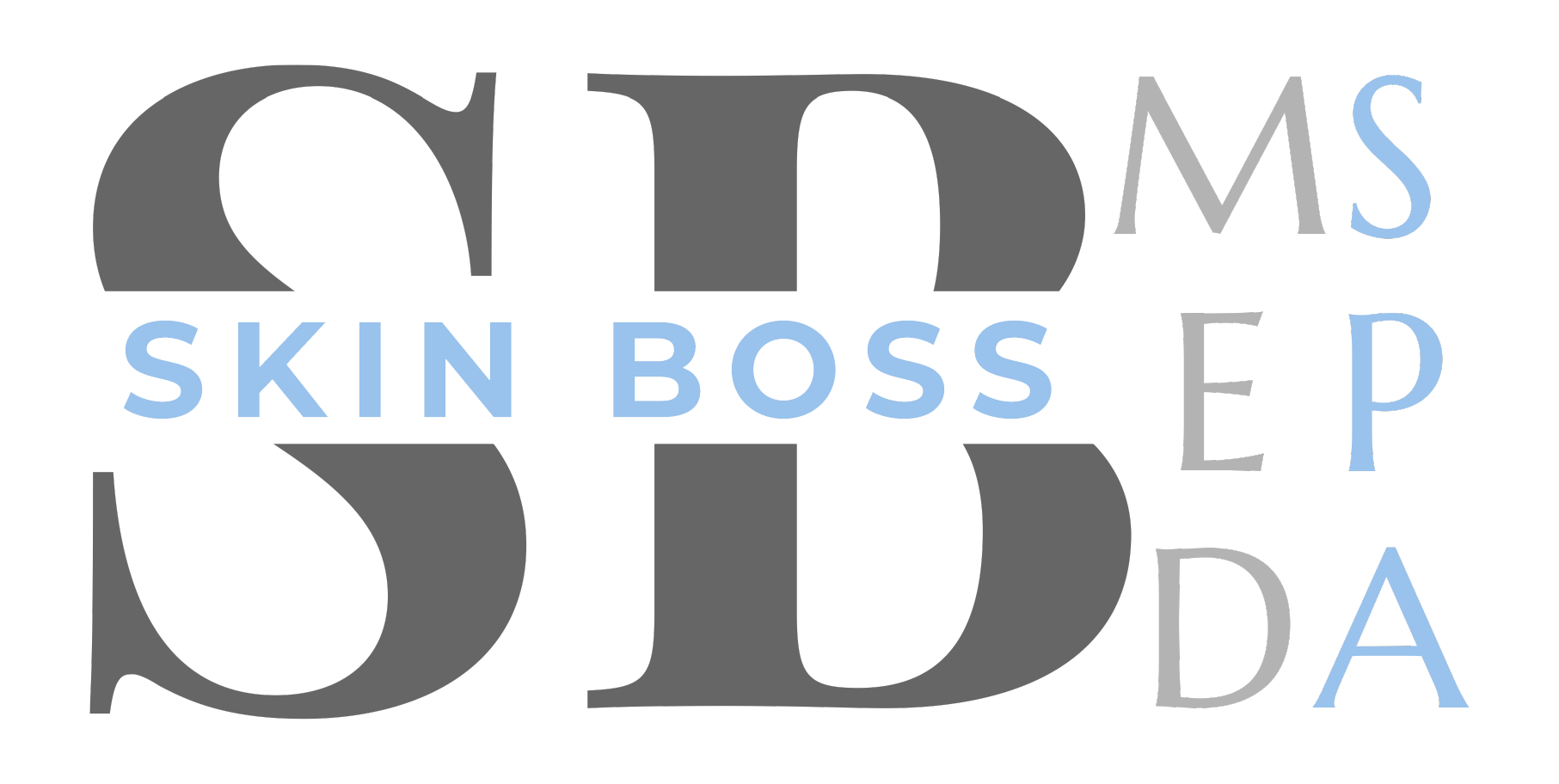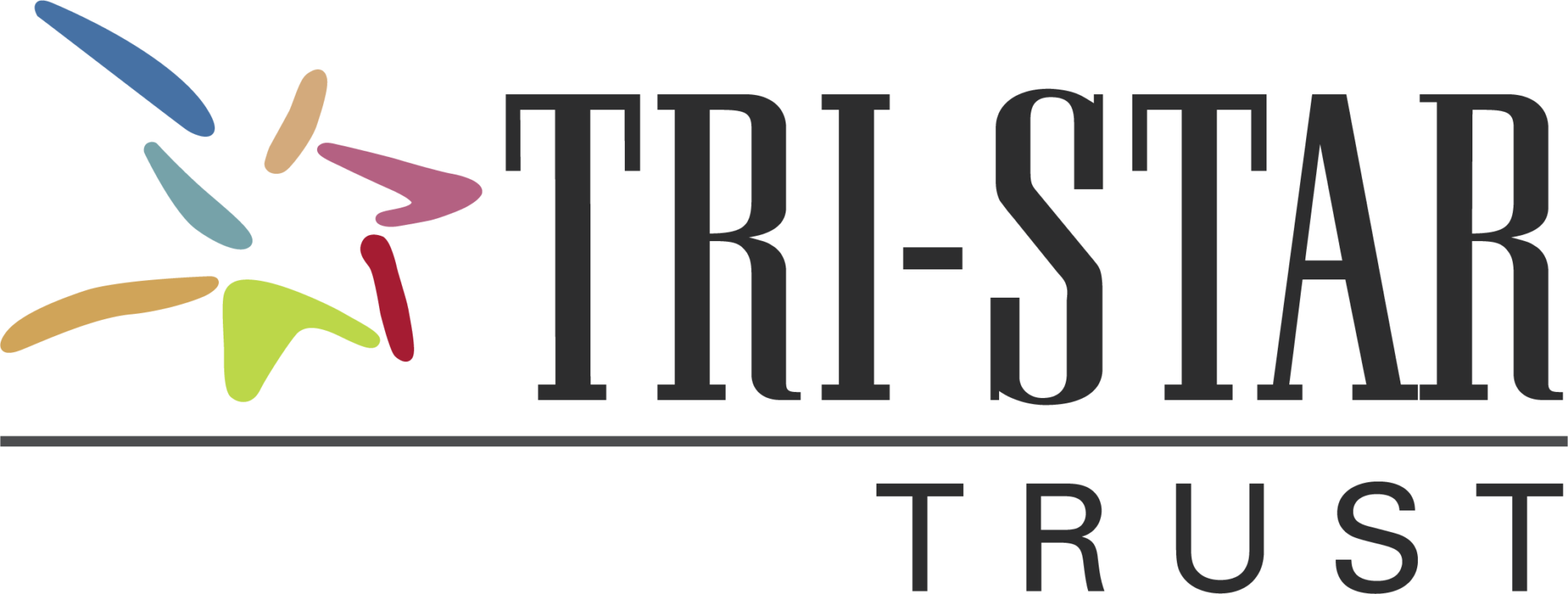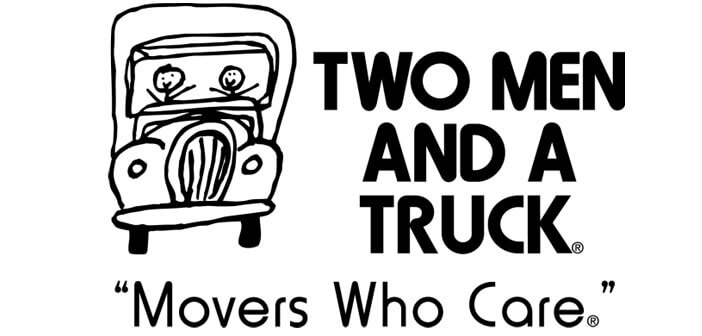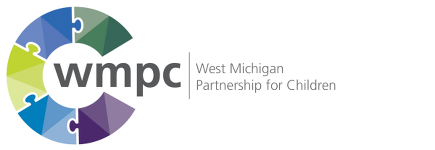Becoming a Foster Parent
09/18/17
With approximately 13,000 Michigan children in foster care at any given time there is a HUGE need for foster parents. For some that are embraking on this powerful journey, it is something that they have always known they wanted, for others it something that has been though about for years. Either way, we are glad you are here, even if you are still mulling.
Child and Family Charities foster care program serves children who are removed from their homes due to abuse or neglect. The primary goal of foster care is to provide intervention services and to reunite the children with their biological parents. Children in foster care stay with trained foster parents who can provide a safe, nurturing and supportive home environment.
Some of the myths that we have heard surrounding the requirments of becoming a foster parent include:
You have to be married.
You have to make a lot of money.
You have to own a home.
The reality is that if you are at least eighteen years old, with enough income to support yourself, and you have love and compassion for children you can begin the process of becoming a licensed foster parent.
Here is what to expect as you begin the important process of becoming a licensed foster parent.
- The first step is to speak with a licensing specialist and reserve your spot for an informational meeting. Every foster care agency will require that you attend an orientation to get a preliminary understanding of foster care, the social and psychological aspects of fostering, foster care policies and procedures and learn about the next steps to become a licensed foster parent. The informational meetings at Child and Family Charities take place the second and fourth Mondays each month.
- Complete the application and licensing packet in which you will begin to provide information about your home, family, and reasons that you would like to
 become a foster parent. Once this is signed and submitted it is required that your become licensed with 180 days (6 months).
become a foster parent. Once this is signed and submitted it is required that your become licensed with 180 days (6 months). - The next step is to attend a 12-hour training to better prepare for the day that they will be asked to provide safe, temporary shelter for a child that has come into care. The training consists of:
- Basic first aid training
- Five sessions of the Parent Resources for Information, Development, and Education (PRIDE) curriculum that is used nation wide for prospective foster and adoptive parents. “The PRIDE curriculum is based on five competencies that promote the need to not only understand how to best help children that have been abused and neglected, but to also strengthen all families (birth, foster, or adoptive).” (1)
- Reasonable and Prudent Parenting Training curriculum is about encouraging the emotional and developmental growth of the child, while utilizing parental decisions that maintain a child's health, safety, and best interest. The training can be found here.
- The home evaluation consists of 2 to 3 face to face visits with you and your family in your home, during which the licensing specialist will collect information about your home, your family, your beliefs and goals. During the home evaluation the licensing specialist will also check to ensure that your home is in compliance with the state licensing rules.
- It is finally time. You get the call from your licensing specialist asking if you would be willing to provide placement for a child that has entered care. The amount of time a child will be with you can vary from a short term placement (1-2 weeks, up to 12 months) or a longer term placement (12+ months or a permanent placement through adoption).
This is going to be one of hardest, most rewarding experiences you will ever have and though there will be ups and downs you will not regret it. If you want to learn more about becoming a foster parent, or are ready to begin the process, click here.

1. Craft, Carrie. “What Is PRIDE Foster Parent Adoptive Parent Training Class?” The Spruce, The Spruce, 6 Mar. 2017, www.thespruce.com/foster-adoptive-parent-training-class-pride-27162. Accessed Sept. 2017.












.png)
